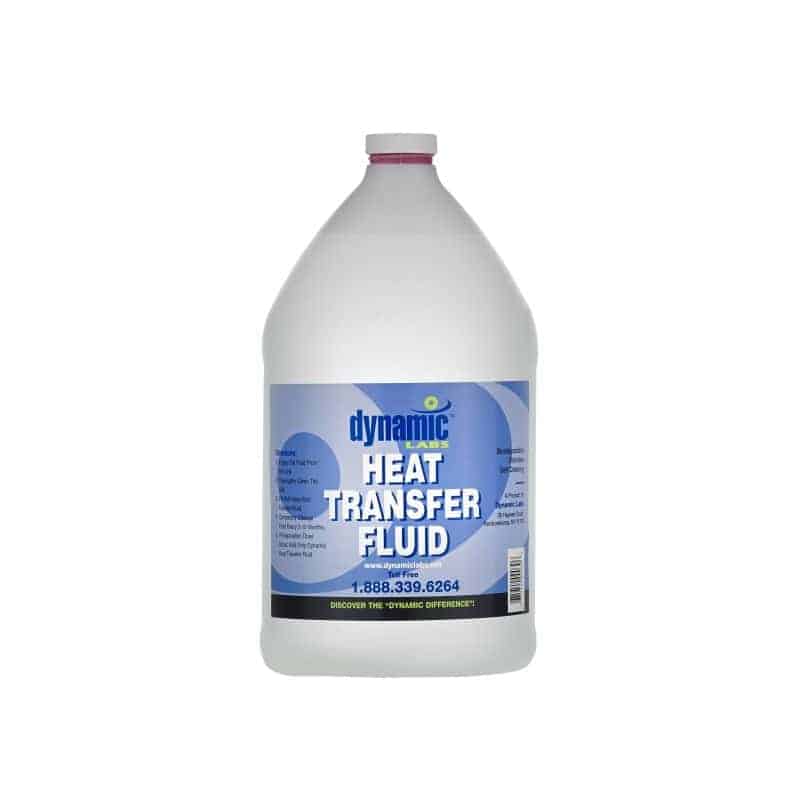Secret Benefits of Using a High-Performance Heat Transfer Fluid
Secret Benefits of Using a High-Performance Heat Transfer Fluid
Blog Article
The Function of Warm Transfer Liquid in Enhancing System Performance and Safety And Security
In the ever-evolving landscape of industrial procedures, heat transfer fluids (HTFs) arise as crucial parts in optimizing both system performance and safety. These specialized liquids, recognized for their superior thermal conductivity and controlled viscosity, enable efficient warmth exchange, which is indispensable for structured operations.
Comprehending Warmth Transfer Liquids
Heat transfer liquids, commonly taken into consideration the lifeblood of thermal management systems, play a crucial duty in managing temperature level throughout various industrial applications. These fluids are important in processes where warmth should be either absorbed or dissipated to maintain ideal operating problems. Industries such as chemical handling, power generation, and manufacturing count on heat transfer fluids to ensure tools operates effectively and safely. By assisting in the transfer of thermal power, these fluids aid in preventing getting too hot, therefore prolonging the life-span of machinery and lessening downtime.
The option of a suitable warmth transfer fluid is important to the success of a thermal management system. In recap, a thorough understanding of warm transfer liquids is important for enhancing system efficiency, guaranteeing operational security, and accomplishing economical thermal administration options.
Trick Characteristic of HTFs

The details heat capacity of an HTF defines the quantity of heat power needed to transform its temperature level, influencing exactly how effectively the system can reply to temperature level variants. The boiling and freezing factors of HTFs likewise play a pivotal role, particularly in systems revealed to extreme temperatures, guaranteeing fluid security and avoiding stage adjustments during operation. Furthermore, the chemical stability of HTFs under differing thermal conditions is crucial to avoid degradation and expand fluid life. Compatibility with system materials is required to prevent corrosion and material deterioration, making certain long-term operational dependability. These residential properties jointly inform the selection of an appropriate HTF for certain commercial applications.
Enhancing System Performance
To boost system efficiency with warm transfer liquids (HTFs), it is crucial to incorporate a detailed approach that considers both liquid buildings and system style. The selection of an ideal HTF is critical, as its thermal conductivity, thickness, and certain heat ability directly influence the effectiveness of warmth exchange.
Equally vital is the design of the warm transfer system itself. The surface area see this website and material of warm exchangers ought to be enhanced to make best use of warmth transfer performance.
Boosting Operational Safety
Guaranteeing operational safety and security in heat transfer systems requires a meticulous concentrate on both the homes of warm transfer fluids (HTFs) and the design and upkeep of the whole system. HTFs have to have thermal stability, low flammability, and ideal viscosity to reduce risks such as leakages, fires, and system breakdowns. Choosing the ideal HTF is important as it figures out the system's capability to handle temperature variations without endangering safety and security.
The design of the system need to include redundancies and fail-safes to take care of potential risks successfully. This consists of the combination of security valves, stress relief tools, and temperature level monitoring systems to spot and address abnormalities immediately. Regular upkeep is imperative to make certain that all elements, including pumps, pipelines, and seals, are functioning properly and are free from wear or corrosion, which could cause harmful leakages or failings.
Furthermore, workers responsible for the operation and upkeep of heat transfer systems should be properly learnt safety and security Get the facts protocols and emergency situation feedback treatments. Consistent training programs and security drills can substantially minimize the chance of accidents, making certain a safer working environment. Ultimately, a comprehensive approach to security-- incorporating fluid option, system design, and workforce training-- is crucial for optimal operational security.
Market Applications of HTFs
Extensively utilized across numerous fields, warmth transfer liquids (HTFs) play an important role in enhancing the effectiveness and dependability of thermal monitoring systems. In the chemical sector, HTFs are integral for keeping precise temperatures during reactions, making sure item uniformity and top quality. They facilitate heat exchange processes in activators, condensers, and heat exchangers, thereby optimizing energy usage and reducing waste.
In the oil and gas industry, HTFs are utilized in both upstream and downstream operations. They handle temperature in boring operations and improve efficiency in refining processes by providing stable thermal conditions. This leads to minimized downtime and improved security, particularly in important procedures such as distillation and breaking.
The renewable energy sector additionally profits substantially from HTFs, especially in concentrated solar power (CSP) plants. Below, Bonuses HTFs move caught solar energy to power turbines, enabling reliable power generation. The pharmaceutical market relies on HTFs for precise temperature level control in both synthesis and storage space, making sure product efficacy and safety and security.


Furthermore, the food and beverage field uses HTFs for pasteurization, sterilization, and food preparation processes, enhancing both item safety and manufacturing efficiency. Throughout these markets, HTFs serve as vital elements in keeping ideal functional performance and safety and security.
Final Thought
Heat transfer fluids are essential in enhancing commercial system performance and safety and security by providing high thermal conductivity, optimum viscosity, and thermal security. Proper choice and upkeep of HTFs improve warmth exchange efficiency, consequently increasing functional effectiveness. The reduced flammability of these liquids is essential for lessening risks and making sure secure operations. Comprehensive workers training and normal maintenance additionally sustain the reliability and effectiveness of commercial processes, solidifying the important function of HTFs in diverse applications.
Report this page